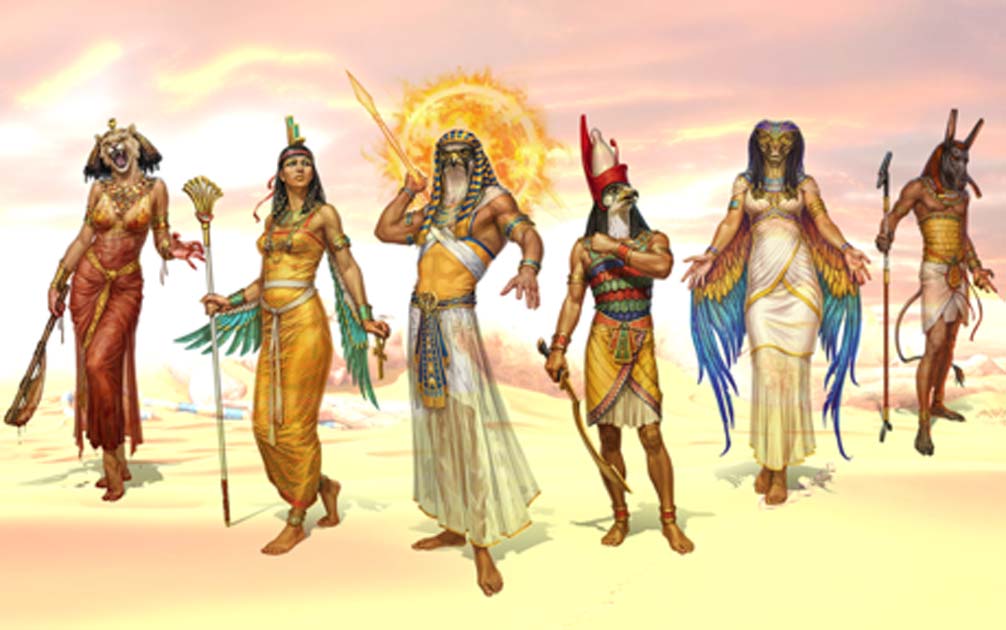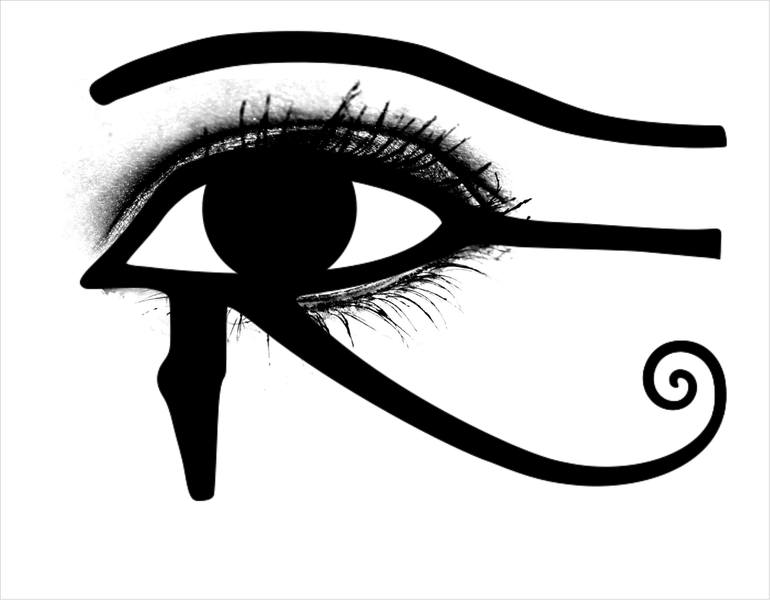
Revisiting my #top10 #mythology
@Paracelsus1092
@Heghoulian
(5) EGYPTIAN
"I am a cowboy in the boat of Ra…
"Who was that
dog-faced man? they asked, the day I rode
from town"…
Go get my eyelids of red paint.
Hand me my shadow
I'm going into town after Set"
@Paracelsus1092
@Heghoulian
(5) EGYPTIAN
"I am a cowboy in the boat of Ra…
"Who was that
dog-faced man? they asked, the day I rode
from town"…
Go get my eyelids of red paint.
Hand me my shadow
I'm going into town after Set"

If there's one of two things I lament about Christianity, it's the decline of the Egyptian pantheon. If only the Roman Empire could have gone the way of the ankh. Or if only the Egyptian gods had returned out of the desert instead of Islam
What's not to love about those funky animal-headed gods and those slinky goddesses? Especially the goddesses - lithe and svelte in their form-fitting dresses, with their golden skin and painted eyes, they would not look out of place as supermodels on a modern catwalk
Of course, Egypt was quite frankly the s*xiest ancient civilization - admittedly perhaps not for its population's vast majority of peasants who farmed the Nile or worked on those useless tombstones known as pyramids, but certainly for its elite, who pretty much invented style
Or what's not to love how the gods kept shifting and swapping out with each other as they rose and fell within the pantheon?
My personal favorite trinity of Egyptian mythology (well apart from Anubis, one of my favorite dog gods of mythology) - Osiris, Isis and Horus as they square off against their adversary Set
O yes - Isis. Goddess of magic who seduced the secret name from the sun god Ra and lover of Osiris who resurrected him after he was dismembered by his evil adversary Set to conceive the divine hero Horus (who then avenges Osiris)
Or what's not to love about its different and contradictory creation myths? Particularly the one where the god Atum (who swapped out as supreme god from time to time) created the world by, ahem, mast*rbating it into existence. Now that's creationism!
Indeed, Egyptian mythology could get downright kinky. Isis essentially s*xes up all her magic, including that briefly reviving Osiris to conceive Horus. Or how Set and Horus essentially strive to, ahem, out-ej*culate each other…
• • •
Missing some Tweet in this thread? You can try to
force a refresh








